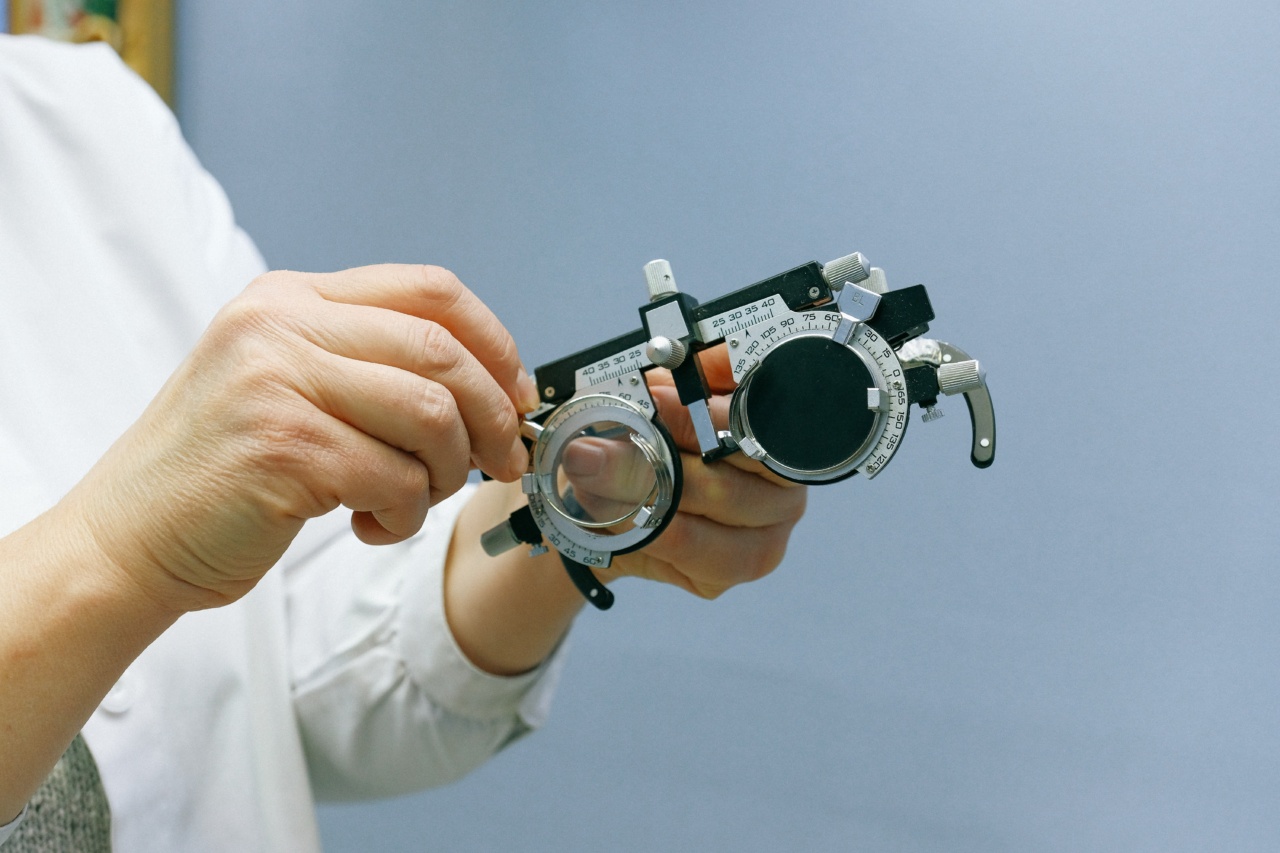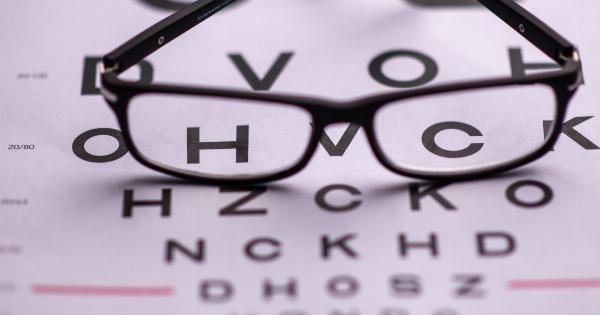Have you been experiencing discomfort in your eyes lately? Do they feel scratchy, itchy, and dry? If so, you may be suffering from dry eye syndrome. Dry eye syndrome is a common condition that affects millions of people around the world.
It occurs when your eyes don’t produce enough tears, or when the tears evaporate too quickly.
To help you determine if dry eye syndrome is the problem, we’ve put together a quick and easy test. Answer the following questions to find out.
1. Do You Experience Burning or Stinging in Your Eyes?
Do your eyes feel like they’re on fire? Are they tender to the touch? If so, you may be experiencing symptoms of dry eye syndrome. Burning and stinging are common symptoms of this condition.
If your eyes feel like they’re burning on a regular basis, it’s a good idea to make an appointment with your eye doctor to get checked out.
2. Are Your Eyes Red and Irritated?
When your eyes are dry, they can become red and inflamed. If you find that your eyes are always red and irritated, this could be a sign that you have dry eye syndrome.
Redness and irritation are usually caused by inflammation, which occurs when your body is trying to fight off an infection or injury. In the case of dry eye syndrome, inflammation occurs when your eyes are not able to produce enough tears to keep them moist.
3. Do Your Eyes Feel Sandy or Gritty?
When you have dry eyes, you may feel like there’s sand or grit in them.
This is because the tears in your eyes are supposed to help keep them moist and lubricated, but when you don’t produce enough tears, your eyes can become dry and uncomfortable. If you feel like there’s something in your eye, but you can’t find anything, it’s likely that you’re experiencing a symptom of dry eye syndrome.
4. Do Your Eyes Feel Tired or Heavy?
Dry eye syndrome can make your eyes feel tired and heavy. This can happen when your eyes are working hard to produce tears, but they’re not getting the moisture they need.
When your eyes are tired and heavy, it can be difficult to focus on tasks, and you may find yourself rubbing them frequently.
5. Do You Experience Blurry Vision?
Blurred vision can be a symptom of dry eye syndrome. This is because your tears help to keep your eye’s surface smooth and clear, and when they dry up, your vision can become blurry.
If you’re experiencing blurry vision along with other dry eye symptoms, it’s important to get checked out by your eye doctor to rule out any other underlying conditions.
6. Do You Spend a Lot of Time Staring at Screens?
If you spend a lot of time looking at screens, this can contribute to dry eye syndrome. This is because when you’re staring at a screen, you tend to blink less often.
Blinking helps to spread tears across your eye’s surface and keep them moist. When you don’t blink as often, your eyes can become dry and uncomfortable. If you spend a lot of time looking at screens, try taking frequent breaks to give your eyes a rest.
7. Do You Take Medications That May Cause Dry Eyes?
Some medications can contribute to dry eye syndrome. If you’re taking medications for allergies, depression, or high blood pressure, you may be at risk for dry eyes.
Talk to your doctor about your symptoms and ask if any of the medications you’re taking could be contributing to your dry eye syndrome.
8. Do You Have Any Medical Conditions That Could Cause Dry Eyes?
Medical conditions like rheumatoid arthritis, diabetes, and thyroid disorders can all contribute to dry eye syndrome. If you have one of these conditions, you may be at a higher risk for dry eyes.
Talk to your doctor about your symptoms and ask if any of your conditions could be contributing to your dry eye syndrome.
9. Do You Smoke?
Smoking can contribute to dry eye syndrome. This is because smoking can damage the glands that produce tears, making it harder for your eyes to stay moist. If you smoke, try to quit, or at least cut back, to reduce your risk of dry eyes.
10. Do You Wear Contact Lenses?
Wearing contact lenses can contribute to dry eye syndrome. If you wear contacts, you may be at a higher risk for dry eyes. This is because contact lenses can absorb some of the moisture from your eyes, making them dryer.
If you wear contacts and are experiencing dry eye symptoms, talk to your eye doctor about switching to a different type of lens, or wearing them less often.
: Results
If you answered yes to three or more of these questions, you may be suffering from dry eye syndrome. It’s important to get checked out by your eye doctor to determine the cause of your symptoms and explore treatment options.































